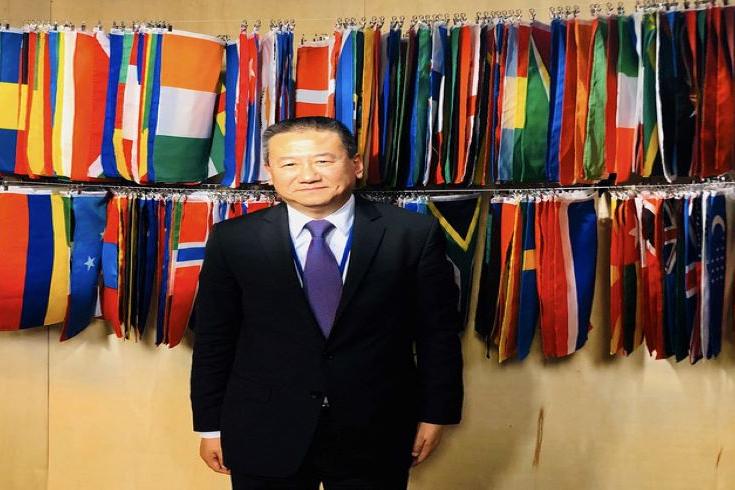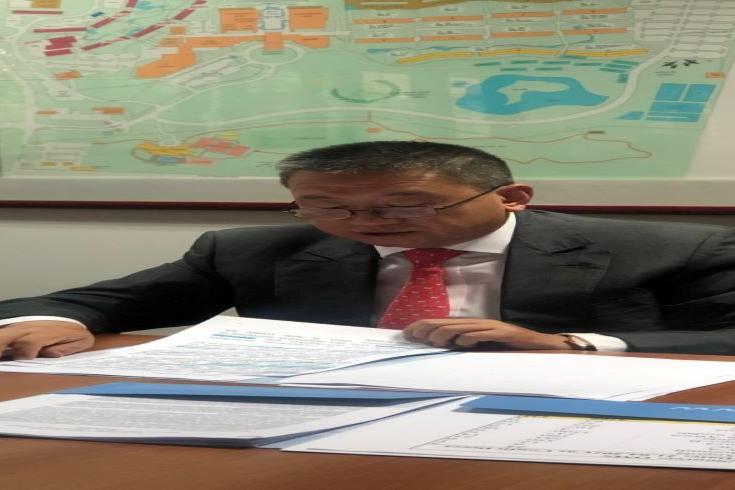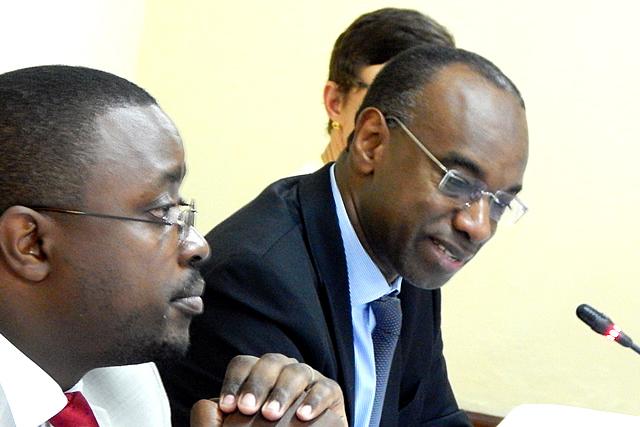Addis Ababa (Ethiopia), 13 November 2019 – The Office of the United Nations Special Envoy for the Great Lakes region and the African Union Department of Political Affairs organized a regional workshop in Addis Ababa, Ethiopia, on 12-13 November 2019 to assess women’s participation in electoral processes in the Great Lakes region and to make recommendations on concrete measures to improve the political landscape with regards to women’s participation in such processes and their representation in decision-making bodies. The workshop was organized with the support of the International Conference on the Great Lakes Region (ICGLR) and the Southern African Development Community (SADC).
Participants came from Angola, Burundi, the Central African Republic, the Republic of Congo, the Democratic Republic of the Congo (DRC), Kenya, Rwanda, Sudan, South Sudan, Tanzania, Uganda, Zambia and South Africa. Other participants came from regional organizations and electoral bodies, including the Economic Community of West African States (ECOWAS), the International Organisation of La Francophonie, the Electoral Institute for Sustainable Democracy in Africa (EISA), the European Centre for Electoral Support (ECES), the International Foundation for Electoral Systems (IFES), International Institute for Democracy and Electoral System (IDES), as well as representatives of civil society organizations and religious leaders.
The objectives of the workshop were to provide a platform to assess the low participation of women in electoral processes, and to identify measures to gain their full participation. To achieve these objectives, the participants held discussions around the following thematic areas: global frameworks and barriers to women’s representation and participation; elections observation within the Great Lakes region; security in electoral processes; gender sensitive elections; presence of women in electoral management bodies; and the role of women in election dispute resolution.
Following the discussions, the participants concluded that women are under-represented at all levels of electoral processes due to limited technical and financial capacity to contest and the security challenges associated with fragile electoral contexts. They also noted a decline in women voter participation due to a lack of confidence in these processes. The participants also identified violence in electoral processes as a key contributing factor to the low participation from women. Marginal media coverage of women’s political activities was also singled out as an impediment to their full participation.
Huang Xia, the Special Envoy of the United Nations Secretary-General for the Great Lakes region took an optimistic view by citing the recent peaceful elections in the DRC as an example of success in electoral processes in the region. “If in the past the Great Lakes region has been characterized by electoral violence, the current situation shows positive developments. Indeed, the last elections in the DRC were conducted through a peaceful transfer of power which triggered greater security cooperation between the states in the region,” Mr. Xia said. “At the same time, we feel encouraged by the leaders of the region who have demonstrated their openness for more inclusion of women in government institutions and in political processes,” he added.
The main recommendations proposed by the participants to achieve a full involvement of women in political and electoral processes were :
- Encourage Member States to undertake a gender-responsive audit of electoral laws for more gender-sensitive legal reforms;
- Undertake advocacy through the different ICGLR fora for all Member States to ratify with no reservation and expedite the implementation of the Protocol to the African Charter on Human and Peoples' Rights on the Rights of Women in Africa (Maputo Protocol);
- Encourage Member States to undertake multi-sectoral interventions to improve electoral security throughout the electoral process;
- Political parties should be supported to develop and implement gender policies to tackle patriarchy, socio-economic challenges, violence against women in politics and other obstacles to free and fair elections;
- Encourage Member States to develop training programmes for security agencies on gender-sensitive electoral security with support from UN Women offices and other partners;
- International observer groups to advocate for electoral management bodies to collect and publish gender-disaggregated data for improved planning of elections;
- Member States to work for the establishment of a seed fund or special fund to support women candidates in the region;
- The AU, UN and other stakeholders to jointly formulate programmes to support Member States in promoting a conducive environment for women’s participation in elections;
- Member States to work with the media regulation agencies and civil society organizations to sensitise the media on gender-sensitive election reporting and media monitoring;The AU, ICGLR, UN and other international partners to encourage Member States to adopt gender policies and undertake legal reforms to ensure a minimum of 30% representation in electoral management bodies.






